Last Updated on January 23, 2024
This past weekend I had the opportunity to hear Bea from Zero Waste Home speak. I thoroughly enjoyed the talk, but I disagreed with her on one point.

I really enjoyed listening to her perspective, and loved visually seeing what works for her.
But, I feel her view is unrealistic for life outside of the bay area. Her success in waste reduction has so much to do with where she lives and the ample amount of bulk selections.
My favorite point of her speech was that the zero waste lifestyle should put simplicity first.
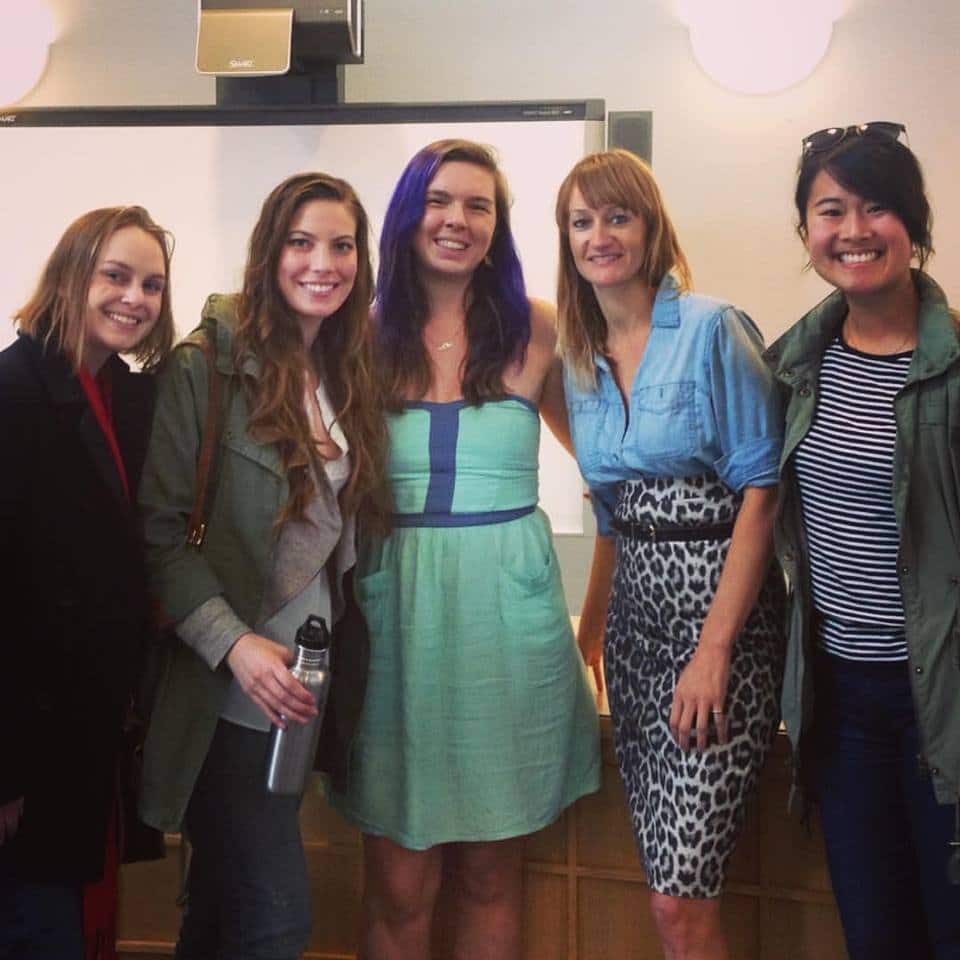
Left to Right: Danielle from No Need for Mars, me, Shauna from Zero Waste Teacher, Bea from Zero Waste Home, Christine from Packageless.
What she means when she says simple and what I mean when I say simple are very different.
She emphasized that the zero waste lifestyle and homemaking are not synonymous and expressed frustration at the link between ZW and DIY. (as have a couple of you in the comment section)
According to Bea the simple thing is just to buy it in bulk.
If you have easy access to everything you need in bulk and you’re comfortable with the ingredients used in the product and the price point – that’s great!
But, I find it difficult to fulfill all three of those needs. (especially when it comes to the ingredients)

She mentioned that it was unsustainable for her to drive 30 minutes to get dog food in bulk.
I have to drive almost 30 minutes to buy dry food like pasta and snacks in bulk and I live IN the bay.
While I agree that ZW and homemaking aren’t the same thing, and I agree that ZW is about simplicity – I know that not everyone has the same level of access to bulk goods available here in the bay area.
I grew up in the eco wasteland of the south – I know.
The closest bulk bins in my home town are 45 minutes away. And, it’s the same for a lot of my readers.
The access is just not there, so homemaking is a viable option, and I would dare say – the simpler option.
It’s all about perspective. So, here are some questions to ponder on your journey to simplicity and waste reduction.

What matters to you?
If you hate cooking or homemaking or diy – find a way around it, do without it or accept it. Here’s an example: tortillas
- I could make the tortillas
- I could find a way to buy them without packaging
- I could make do without
I hate making tortillas and I will *NEVER* make tortilla chips – I can’t stand it.
I can easily go to the Mexican restaurant down the street and have them place them in my cloth bags.
They’re made fresh and with the ingredients I would use making them at home.
What about chemicals?
I am very concerned about unknown chemicals in my food, beauty products, cleaning products, and in the home.
The bulk selection of beauty products and soaps and even some foods are pretty mysterious.
Did you know that in cleaning products companies don’t have to disclose what’s in them? It’s a complete guessing game.
That’s one of the reasons why I really like making my own products. I know exactly what I’m putting around my house and on my body.
Bottom line.
If you enjoy it, it’s sustainable. If you don’t, it’s not.
I find simplicity in doing every day tasks with intention. The process grounds me.
I have a whole new interaction with what I use, cook, and eat. Life has become less complicated.
I sincerely enjoyed her talk, and loved learning more about the way she lives a ZW life.
Her blog and book are awesome – I highly encourage you to check them out.
We have differing perspectives on the definition of a simple life, but we have very different backgrounds.
All the same, I love hearing about everyone’s perspective; because, we have the same goal – waste reduction.
And, I can’t wait till we level the playing field. May there be an amazing bulk store within less than 30 minutes of everyone!

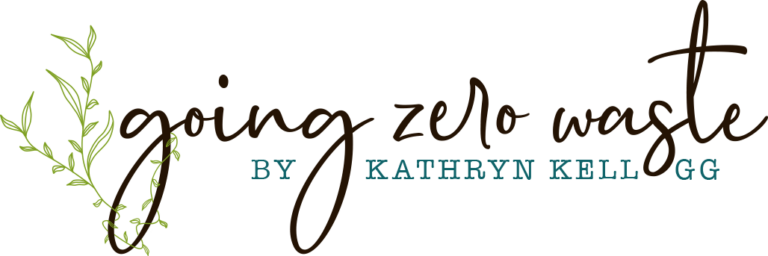
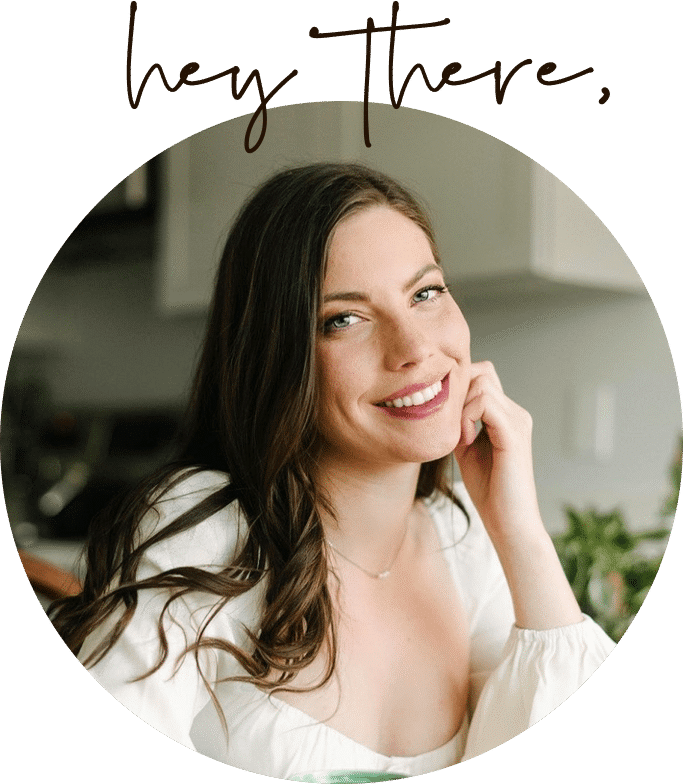

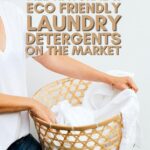

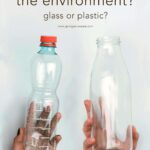
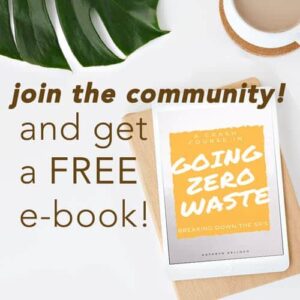

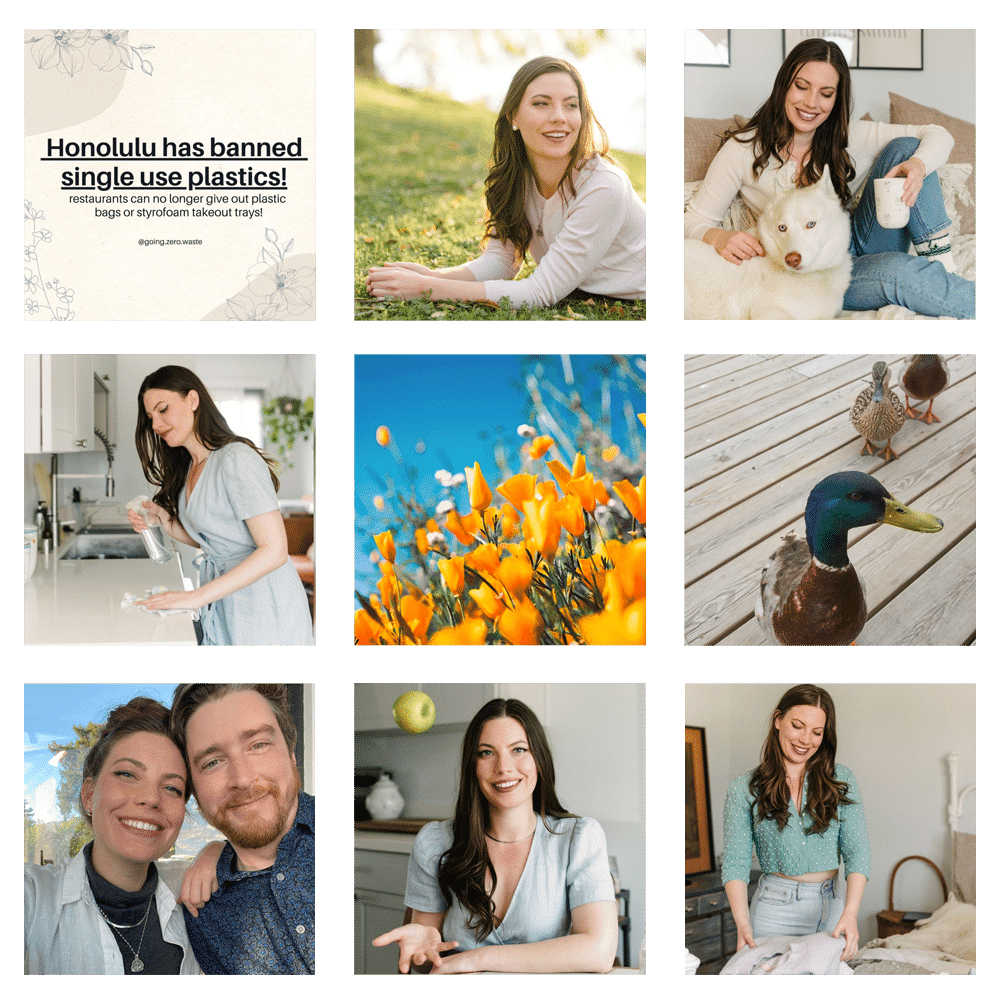
I read Bea say once that everyone has access to bulk options…yet, after living in various cities in the UK, I have yet to see a bulk bin. They don’t exist here.
I can get my butcher and greengrocer, fishmonger, bakery and deli counter to put things in glass jars and get refills of laundry products but I have to buy flour and sugar, rice, pasta, oats and other things in bags…some I can get in paper, some not. Cat food has to come in tins and tea bags in boxes.
I don’t drive but then other options don’t exist anywhere else near me anyway. It makes it much harder but I’m trying. The problem is that sometimes it feels pointless because I can’t do it as perfectly as people with good access to bulk…but we can only do what we can. Xx
I think trying is the biggest part! It’s not a competition to see who can produce the least. We’re all working towards a common goal. It’s about doing the best you can where you are. It sounds like you are doing a great job!! Keep up the awesome work. And, hopefully a bulk store will find it’s way to you soon!
Thanks Kathryn, I’m finding a lot of people asks about what I’m doing when I’m shopping with my fabric bags and jars…and that is great! hopefully as more people do it differently it will all become more mainstream and you never know 😉 x
I also live in the UK and I have never seen a bulk buy shop, I can get Ecover refills in my local Health Food Shop but that is about all I don’t even have a greengrocer the nearest is 1 hours drive away, and I live in the South east commuter belt. I am afraid everything comes packaged. I dont have a farm shop or farmers market anywhere close either.
That’s such a bummer. I really hope you all see an influx in bulk stores! Never underestimate the power of the consumer, keep asking for one and maybe since you’re presenting a demand someone will give you the supply. 🙂
Agreed. I love your perspective Kathryn, do keep sharing!!
Thanks Christine. You’re the best!!
Great post! I think it’s easy to become fanatic about things and when we do, we start to lose compassion. It’s all about doing what we can, when we can. We all walk different paths and what really needs to change is our infrastructure. The scientists and producers need to make more sustainable products that are easily accessible. Until it becomes mainstream (which is where we come in), we all do what we can the best way we know how. Again, great post!
Thank you so much! I feel the exact same way! But, I am looking forward to it becoming main stream!